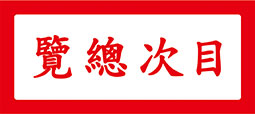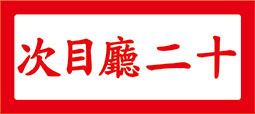It has been almost ten years since Prof. Pierre Ryckmans passed away. For those here and abroad who admire him, it is deeply regrettable that there is no place for commemoration. Even though we have recently presented two forgotten articles by Prof. Ryckmans, and the English translations by Dr. Annie Luman Ren, they are still insufficient gestures of remembrance.
Examining the manuscripts and letters that Mrs. Hanfang Ryckmans so generously gifted, we have selected a yellowish newspaper clipping, an article about friendship and acclamation for Prof. Ryckmans, written with utmost sincerity by Wen Ch’uan-shan (文船山, original name Huang Tsai-sheng 黃載生), titled An Occidental Scholar Who Loves China - The Story of Dr. Pierre Ryckmans, Author of Chinese Shadows, published in the Taiwan magazine Shih-pao chou-k’an (時報周刊) in 1978.
We present this as homage.
Curatorial and Editorial Department
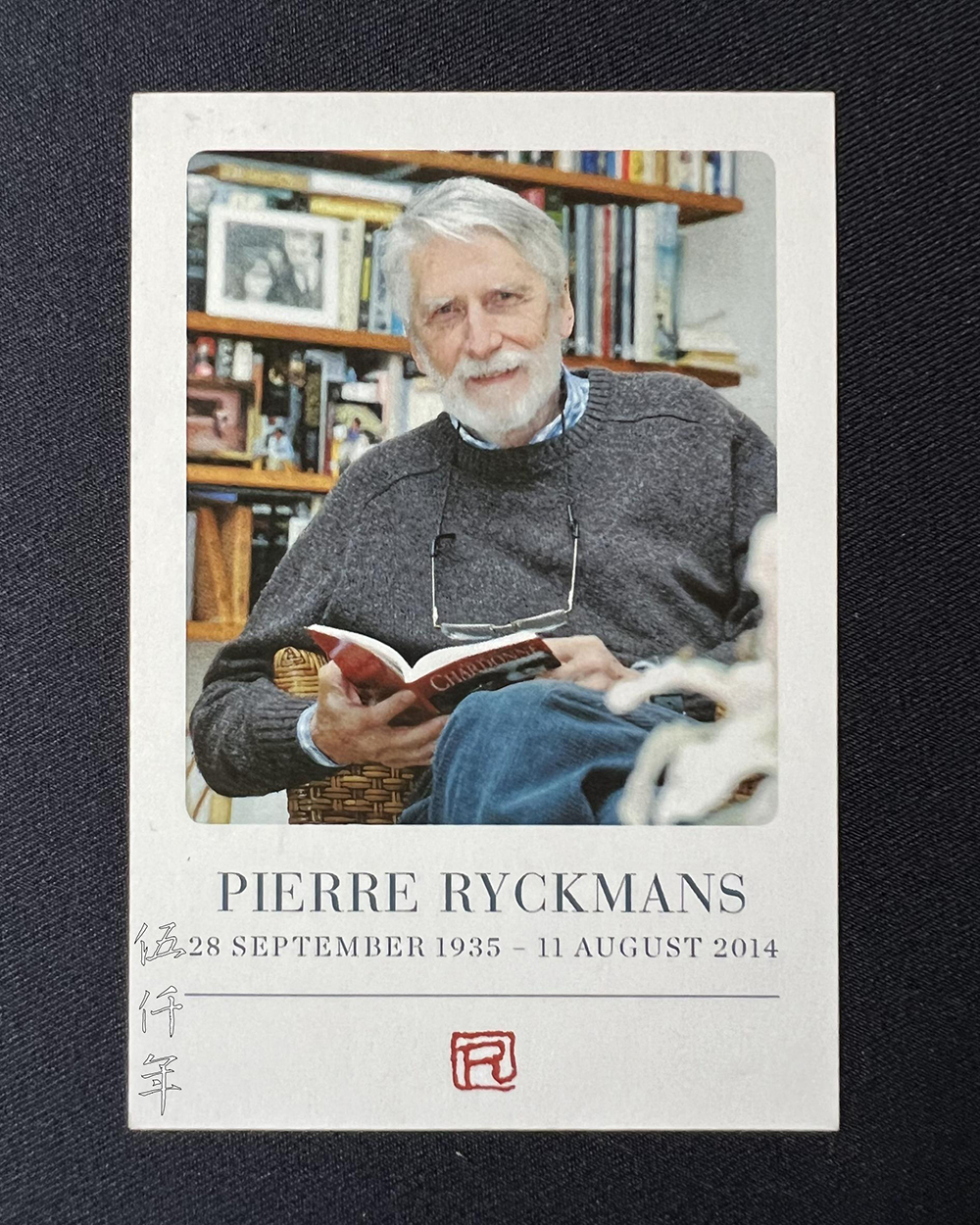
Memorial card for Prof. Pierre Ryckmans’ funeral. Gift from Mrs. Han-fang Ryckmans
To be recognized for both scholarship and integrity, how many are there in this mundane world? Scholarship is acquired through diligence, integrity is attained through virtues, of course it is understandable that the latter is hard to accomplish. Fortunately, the five continents are boundless and vast, the multitude of nations are far-flung and fathomless, even though one has left the domain of China to meander in foreign lands, one can still encounter erudite men and women from time to time who conduct themselves according to moral principles, whose deeds are laudable and admired by a whole generation. If we examine the recent world of Sinology, there was an exemplar of such distinction by the name of Prof. Pierre Ryckmans, whose nom de plume was Simon Leys. He was born on 28 September 1935 and passed away on 11 August 2014. It has been ten years since his death.
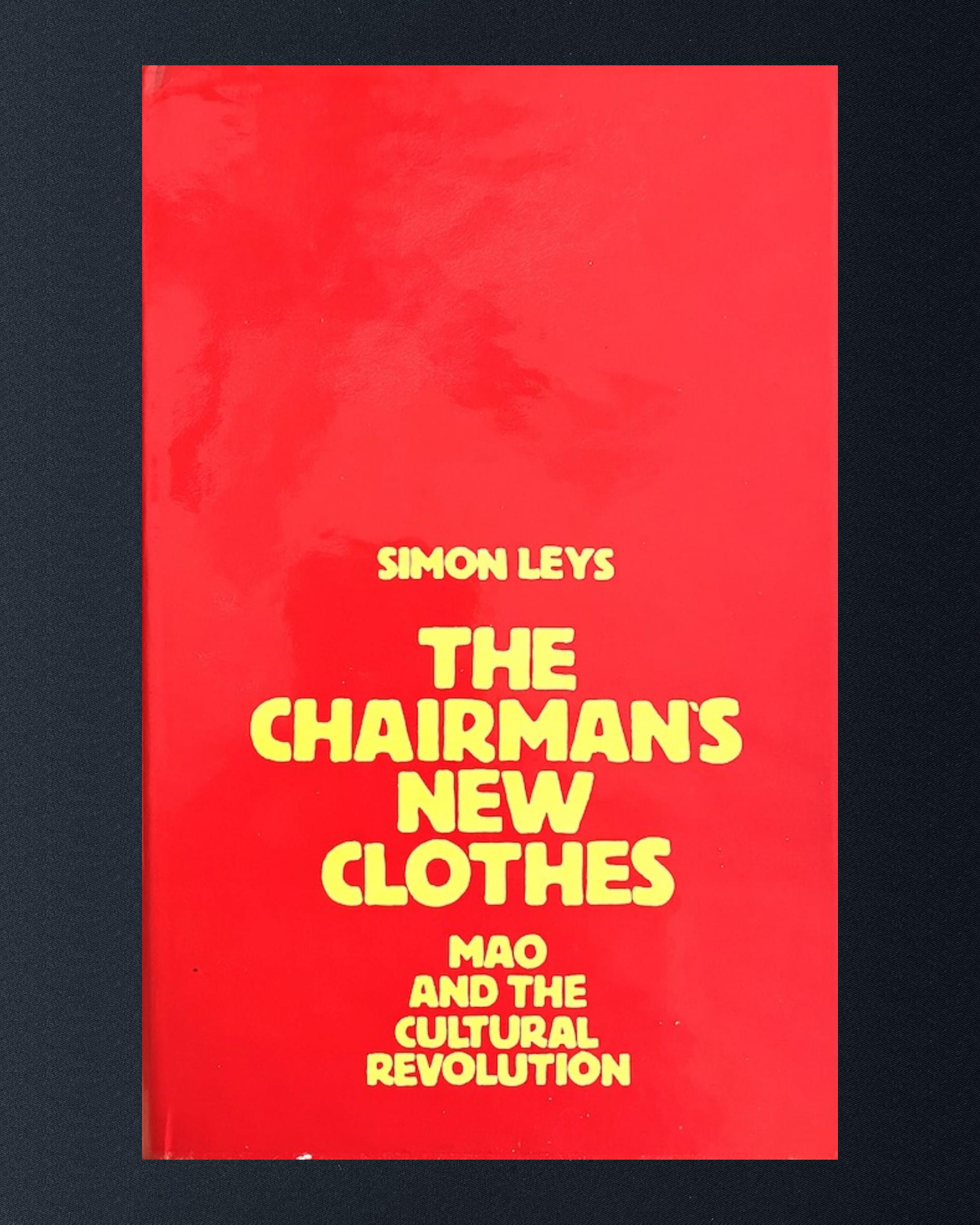
Front cover of The Chairman’s New Clothes: Mao and the Cultural Revolution, translated from Les Habits Neufs du President Mao by Prof. Pierre Ryckmans, the English version was published in 1978
Prof. Pierre Ryckmans was learned in Western and Eastern studies. His writings in English and French are applauded in Europe, America and Asia. A fair amount deals with the arts, literature and politics of China. In the early seventies, he was the first Western scholar to condemn the Cultural Revolution instigated by the Chinese communists. At that time, a great number of communist sympathizers were to be found in the various social sectors of the West, and they were not hesitant to praise and idolize the Cultural Revolution in China. In 1971, the sixth year of the communist Cultural Revolution, he published Les Habits Neufs du President Mao, its English translation The Chairman's New Clothes: Mao and the Cultural Revolution was later published in 1978. Overseas Chinese were delighted and consoled, while the Western communist sympathizers maliciously condemned the book. He was not intimidated. In 1974 he followed up with the publication of Ombres Chinoises, its English translation Chinese Shadows was later published in 1977. The book revealed the violent and tyrannical nature of the Chinese communist regime.
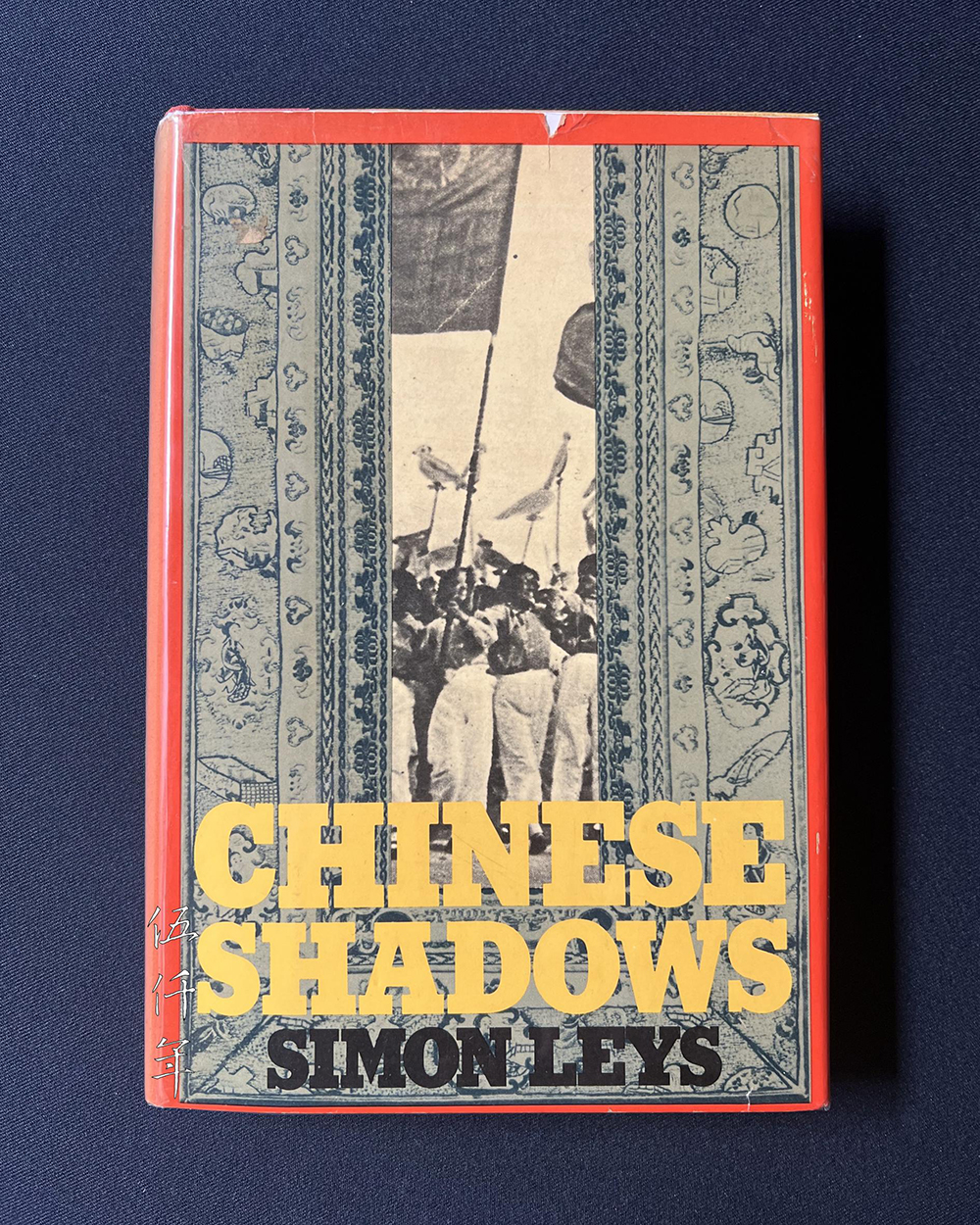
Front cover of Chinese Shadows, translated from Ombres Chinoises by Prof. Pierre Ryckmans, the English version was published in 1977
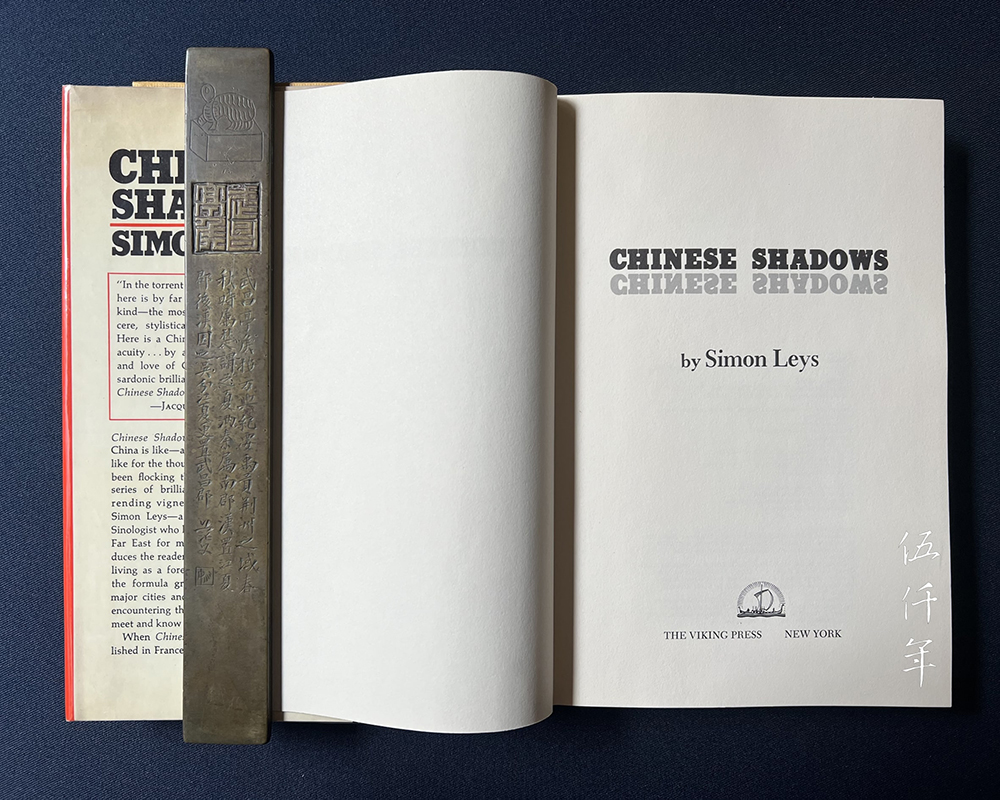
Title page of Chinese Shadows
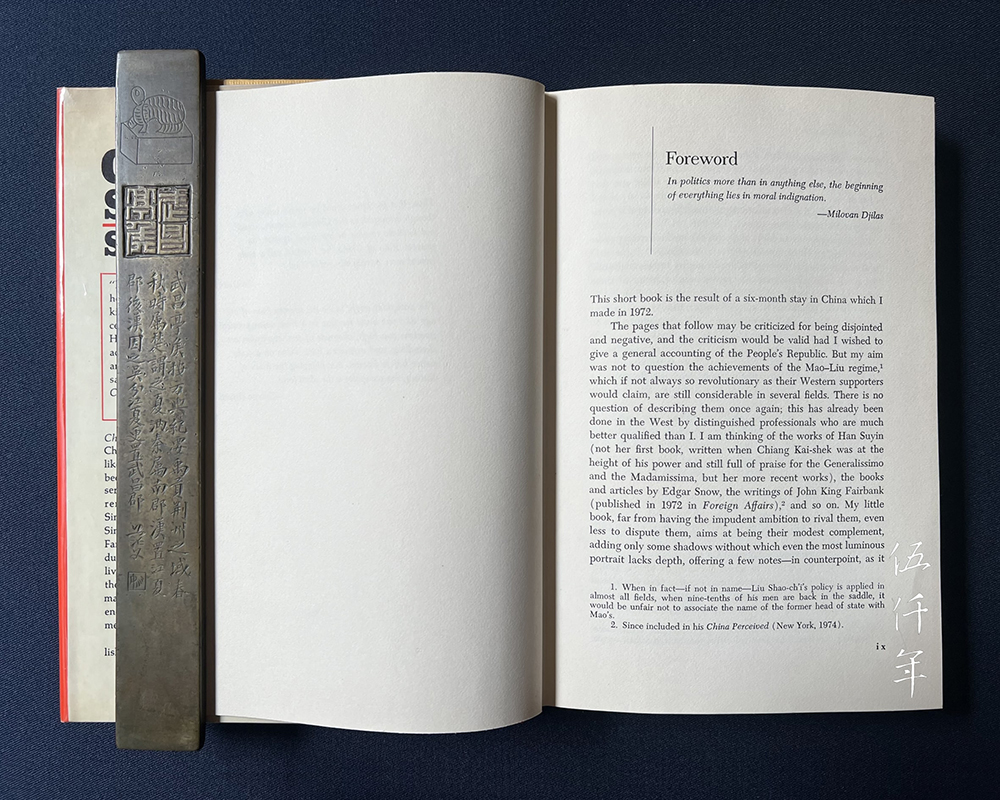
Inside page of Chinese Shadows
Some years afterwards, the Western communist sympathizers were finally awakened, realizing in full that the Cultural Revolution was a horrific catastrophe that befell China, while these sympathizers themselves have now largely dispersed. Prof. Ryckmans was a master of translation, in 1997 he published an English translation of The Analects of Confucius, and it earned the reputation of a modern classic in translation.
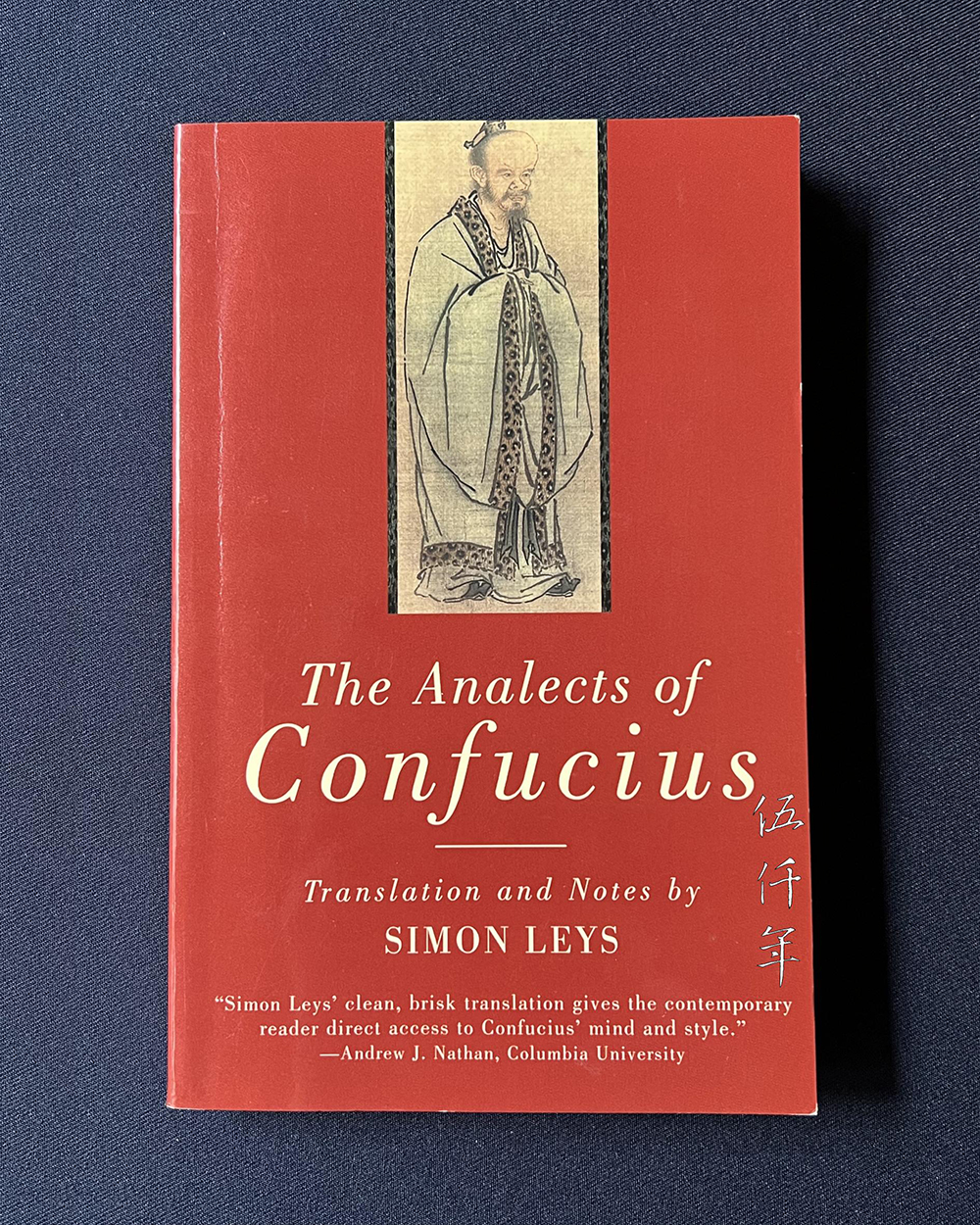
Front cover of The Analects of Confucius, translated by Pierre Ryckmans. Gift from Mrs. Han-fang Ryckmans
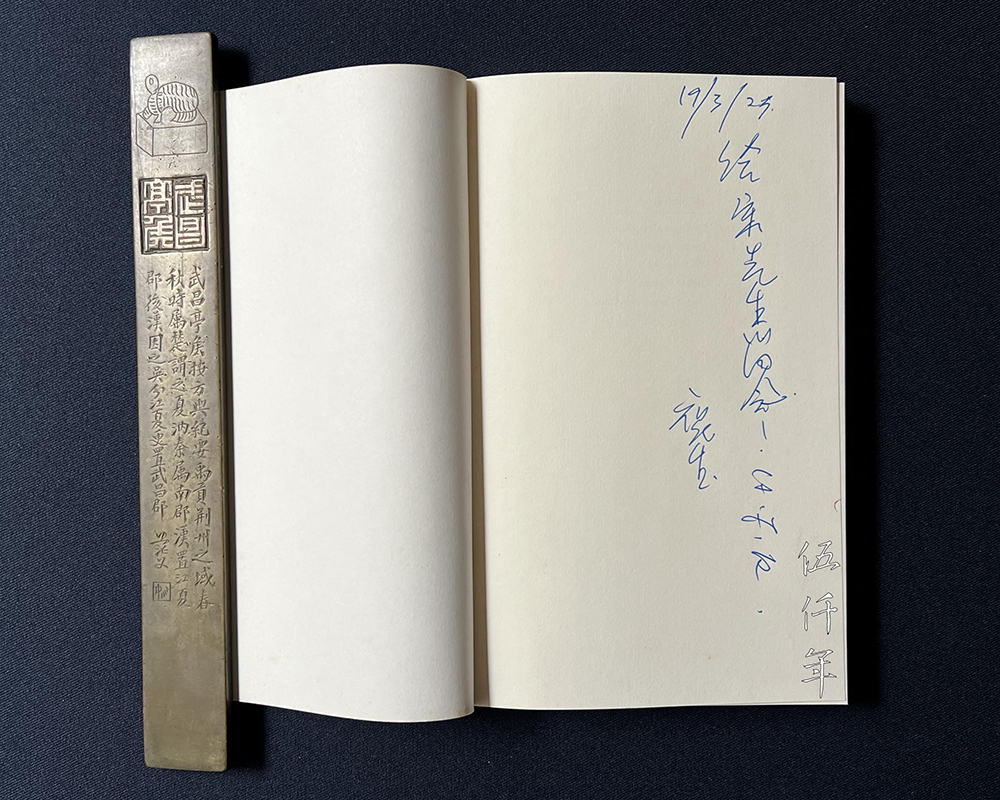
Inscription by Mrs. Han-fang Ryckmans on inside page of The Analects of Confucius, translated by Mr. Pierre Ryckmans
He enjoyed drawings and illustrations, once in a while, he would practice the art of Chinese seal engraving. In his leisure time, he would take his boat to the sea, serenely sailing to the far horizon. His aspiration ascended above his average contemporaries, he stood by himself and acted alone, nor did he withdraw when confronted by many impediments. He was a devout Catholic, even in his final days, he annotated different chapters of the Bible in his painstaking penmanship.
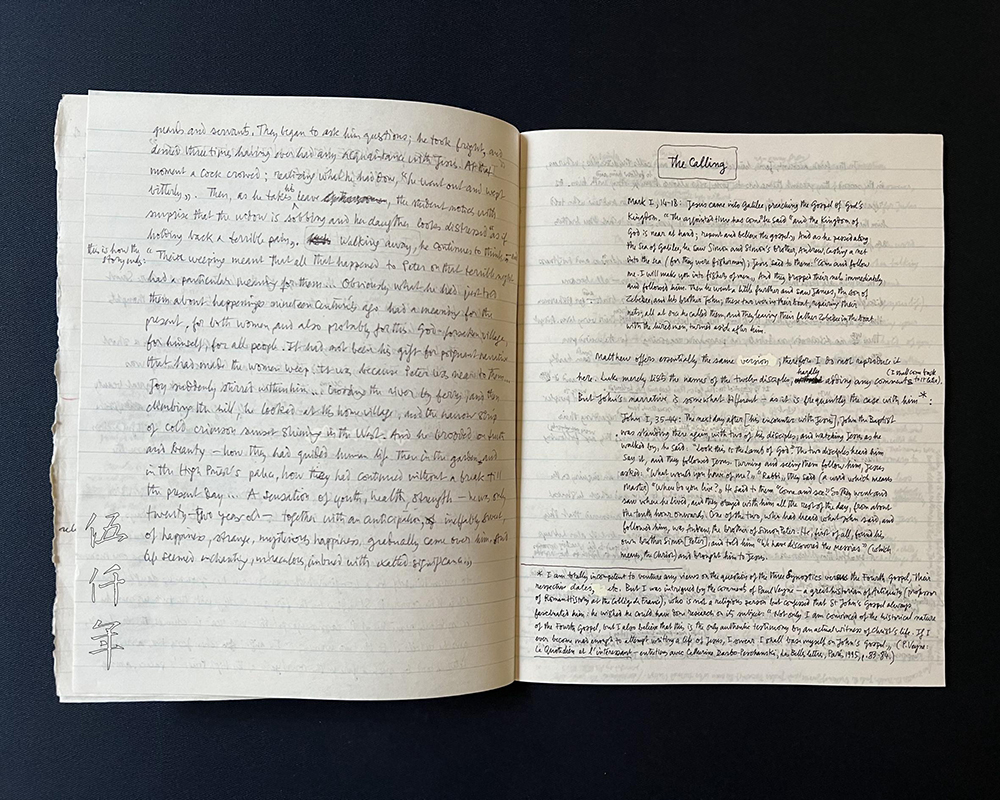
A booklet of Biblical text and annotations by Prof. Pierre Ryckmans written in his final days. Gift from Mrs. Han-fang Ryckmans.
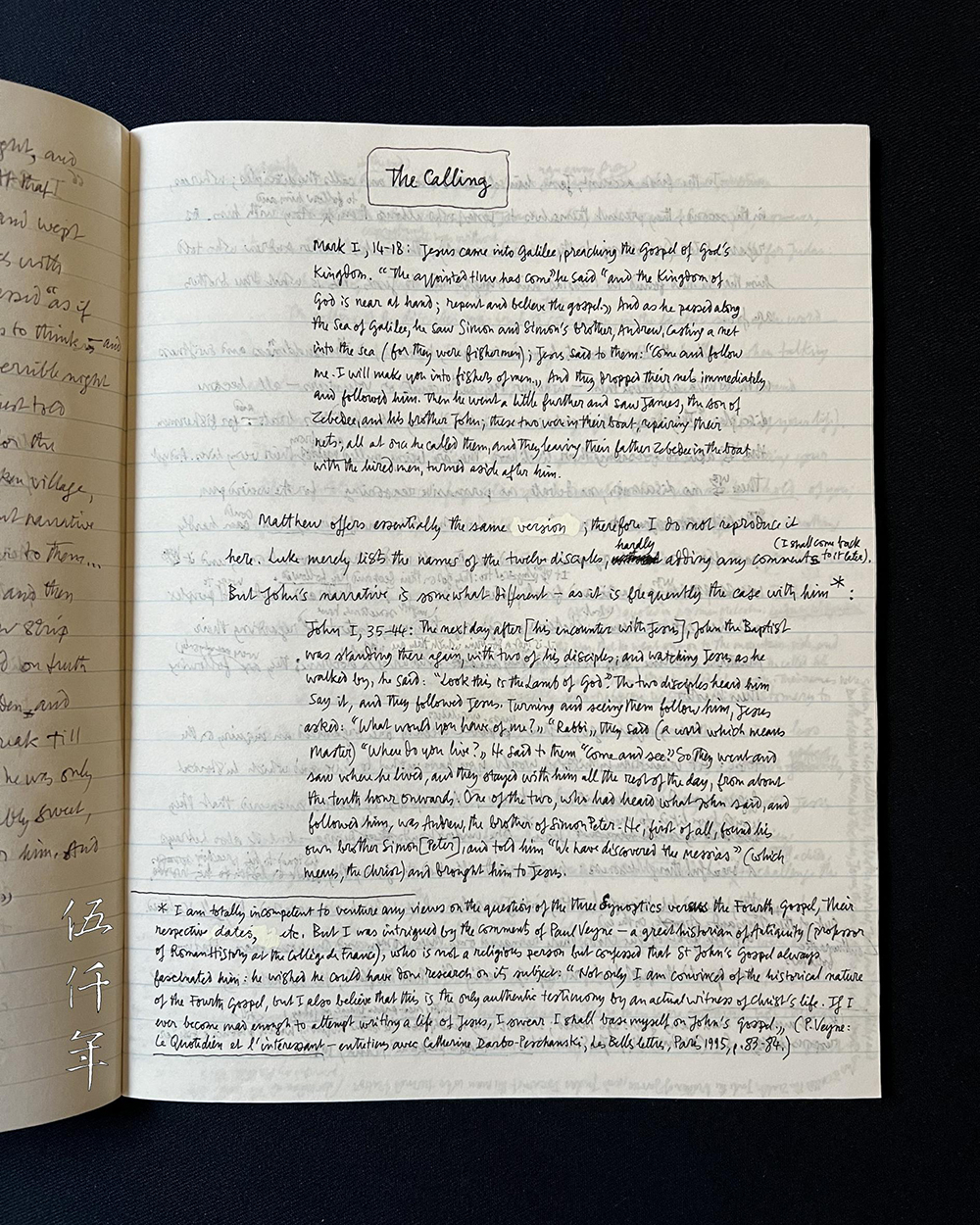
Inside page of booklet with Biblical text and annotations by Prof. Pierre Ryckmans
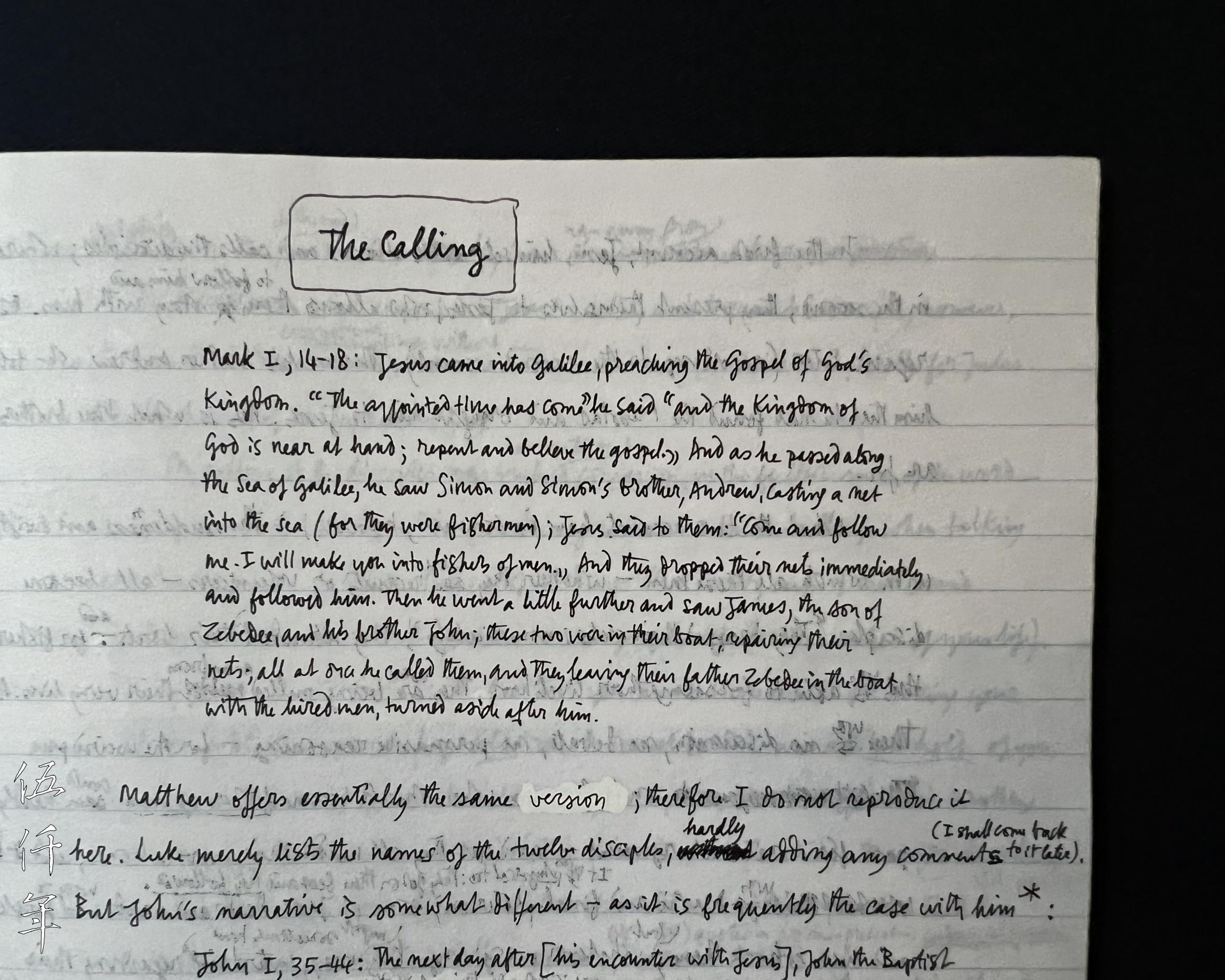
Detail of inside page with Biblical text and annotations by Prof. Pierre Ryckmans
Western commentaries on the works of Prof. Ryckmans have been so plentiful, there is no need to repeat them. However among the numerous files in the library of Pierre Ryckmans, there is a Chinese magazine clipping, dated 22 October in the 67th year of the Republic (1978), from the magazine Shih-pao chou-k’an (時報周刊), written by Wen Ch’uan-shan (文船山), a Chinese scholar who resided in the United States. The title of the clipping is: An Occidental Scholar Who Loves China - The Story of Dr. Pierre Ryckmans, Author of Chinese Shadows (一位熱愛中國的西方學者:記「中國的陰影」作者李克曼博士). This article was written one year after the publication of the English translation of Chinese Shadows in 1977. The magazine clipping was carefully kept by Prof. Ryckmans, probably out of his strong rapport with Wen’s writing. Hence the full article is hereby reproduced. It reads:
“An Occidental Scholar Who Loves China - The Story of Dr. Pierre Ryckmans, Author of Chinese Shadows
Recently I read in a Taiwan newspaper that Dr. Pierre Ryckmans (the newspaper used the Chinese translation of his nom de plume Simon Leys) wrote an Introduction for The Execution of Mayor Yin (尹縣長) by Chen Jo-hsi (陳若曦). I also read his interview in Hong Kong with the magazine Observer (Kuan-ch’a-chia 觀察家). Naturally I am reminded of him, a scholar who loves China.
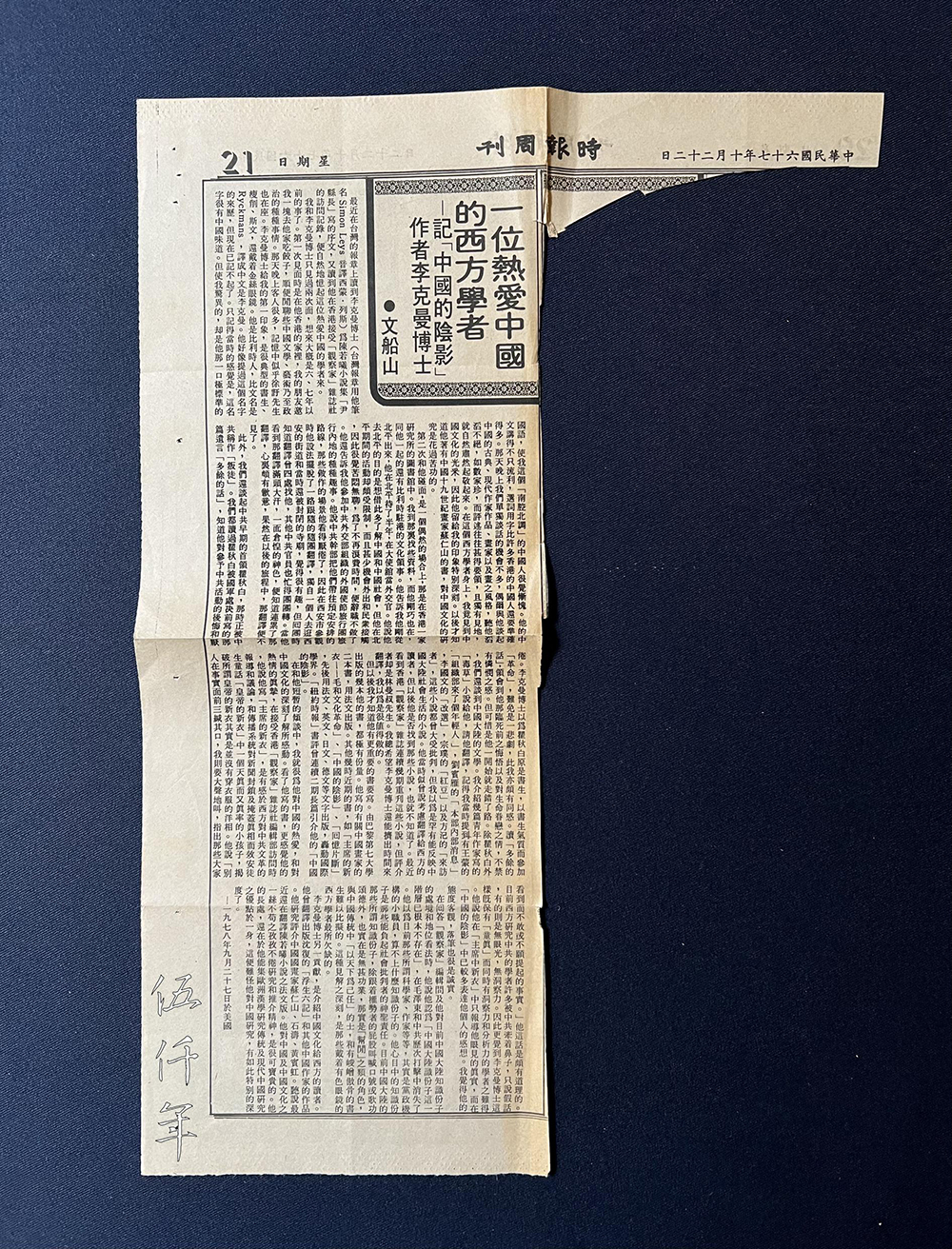
Newspaper clipping of An Occidental Who Loves China-The Story of Dr. Pierre Ryckmans, Author of Chinese Shadows by Wen Ch’uan-shan (文船山), published in Shih-Pao Chou-k’an, 22 October 1978. Gift from Mrs. Han-fang Ryckmans
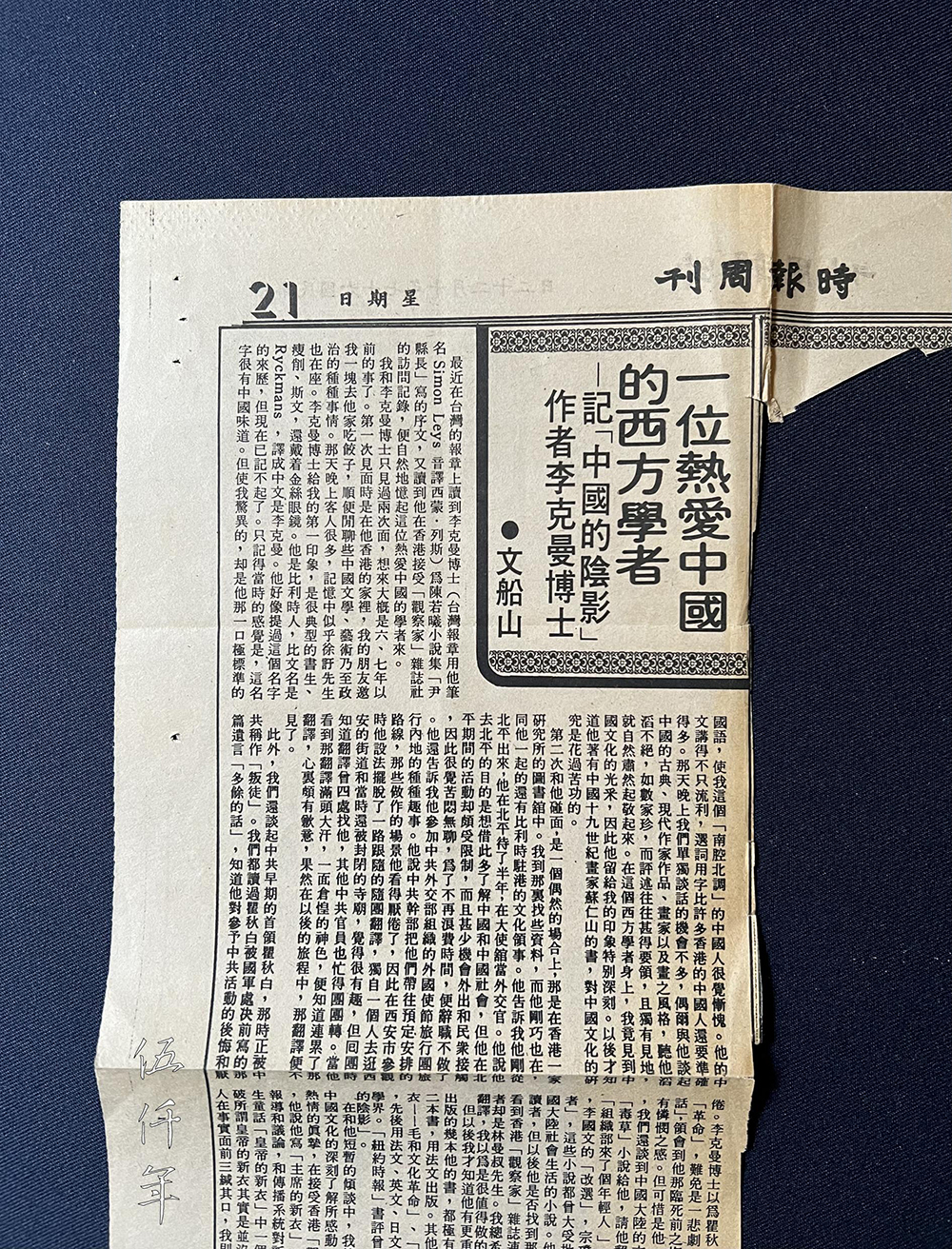
Detail of newspaper clipping
I only met Dr. Pierre Ryckmans twice. It must have occurred around six or seven years ago. The first time I met him was at his home in Hong Kong. A friend of mine asked me to go along for a meal of dumplings, to chat casually about topics relating to Chinese literature, art and even politics. There were many guests at his home that night, I vaguely recollect that Hsü Hsu (徐訏) was there too. My first impression of Dr. Ryckmans was a typical intellectual, thin, well mannered, wearing a pair of golden frame spectacles. He is a Belgian, his surname according to his own language is Ryckmans, the Chinese translation is Li K’ei-man (李克曼). He might have told me the story of his Chinese name, but I can no longer remember. I can only recall my view at the time, that his name was very Chinese in flavour. What took me by surprise was his exceedingly perfect pronunciation of the Mandarin dialect, a Chinese like myself who mixes the sounds of north and south can feel very ashamed. He is not only fluent in Chinese, his choice of words is more precise than that of many Chinese in Hong Kong. That night, we had very few opportunities to talk alone. Every so often, he spoke about the works of historical and contemporary writers, painters and their pictorial styles. Listening to him talk incessantly, going through the subjects with such familiarity, forming appraisals that were totally fitting, offering his own individualistic opinions, I naturally became ever more respectful. In the presence of this Western scholar, I was unexpectedly able to observe the glory of Chinese culture. He gave me a lasting impression. Later I realized that he wrote a book about Su Jen-shan (蘇仁山), a 19th century painter. He has indeed exerted a great amount of effort to study Chinese culture.
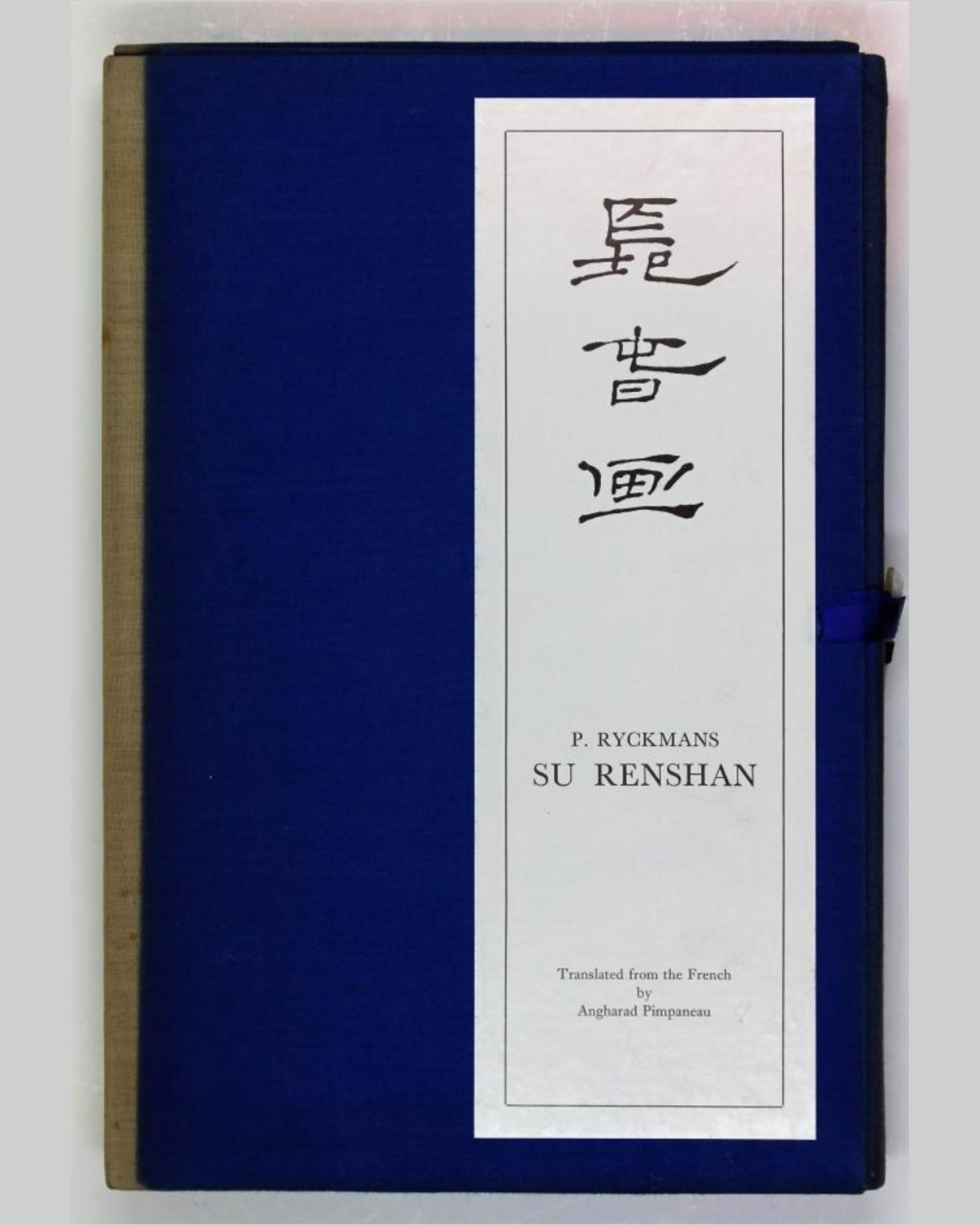
Sleeve cover of Su Renshan by Prof. Pierre Ryckmans
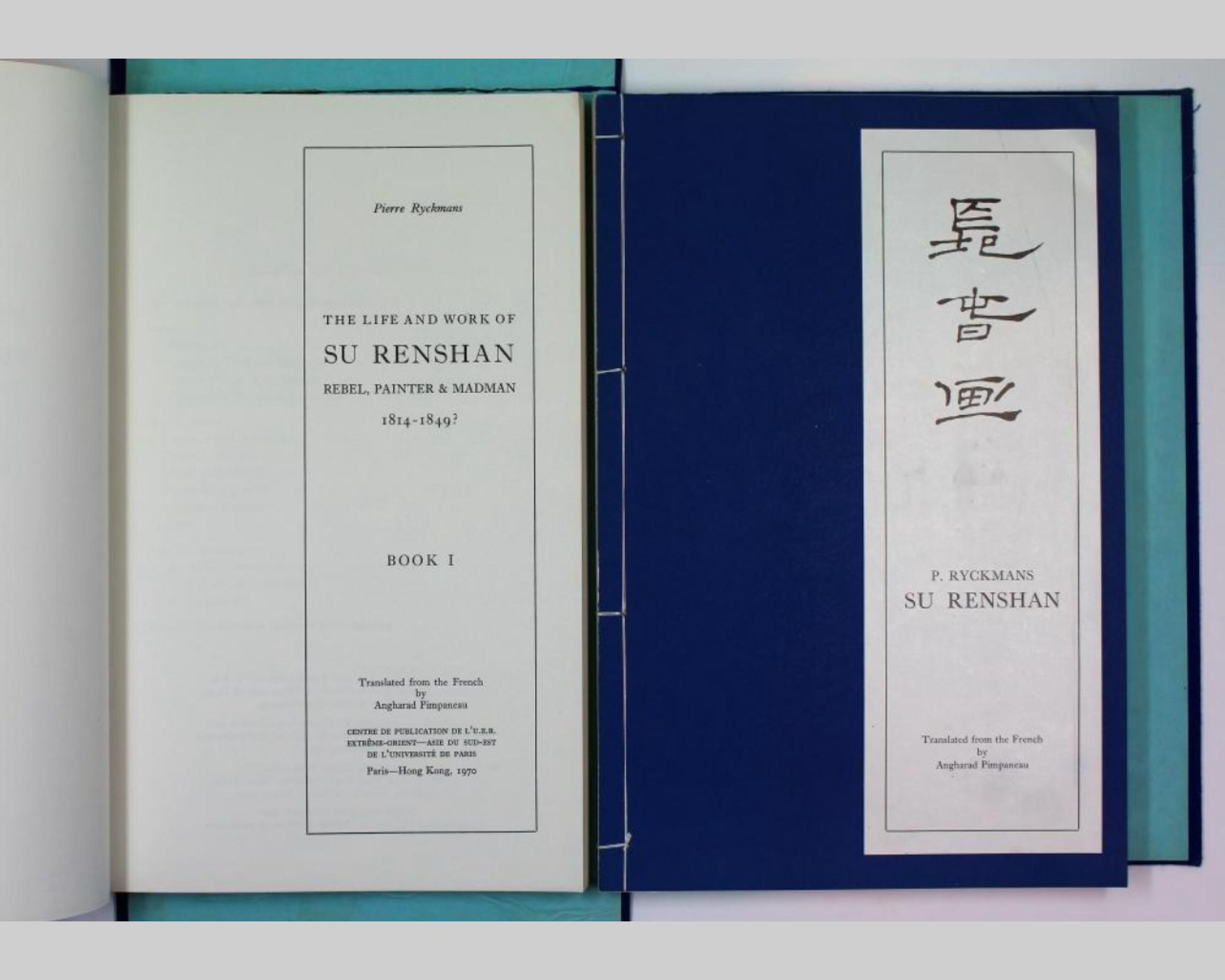
Title page and front cover of Su Renshan by Prof. Pierre Ryckmans
The second time, I met him by chance in the library of a graduate school in Hong Kong. I went there to look for research materials. He happened to be there, accompanied by the cultural attaché of the Belgian consulate in Hong Kong. He told me he recently left Peking. He had stayed there for half a year and he was a diplomat at the embassy. He said his intention to go to Peking was to gain a better understanding of China and Chinese society, but his activities in Peking were rather restricted, there were very few opportunities to go out nor meet the locals. Hence he felt frustrated and bored. In order not to waste any more time, he resigned his job. He further told me some entertaining stories about a tour of inland China that was designed for foreign diplomats. This was organized by the foreign affairs department of the Chinese Communist Party. He said the communist cadres took them to some pre-arranged routes, and he was sick of looking at the phony scenes. Therefore when they were given a tour of Sian City, he managed to evade the translator who was assigned to follow him everywhere, he then walked around the streets of Sian by himself, and visited the temples which were forced to close down at that time. This was a very interesting experience for him. But after he returned to the tour group, he realized the translator had been looking for him all over the place, and the other communist cadres had also been frantically searching for him. When he saw the face of the translator sweating and panicking, he knew immediately he had embroiled him in this incident and felt somewhat remorseful. Sure enough, the translator disappeared in the remaining tour.
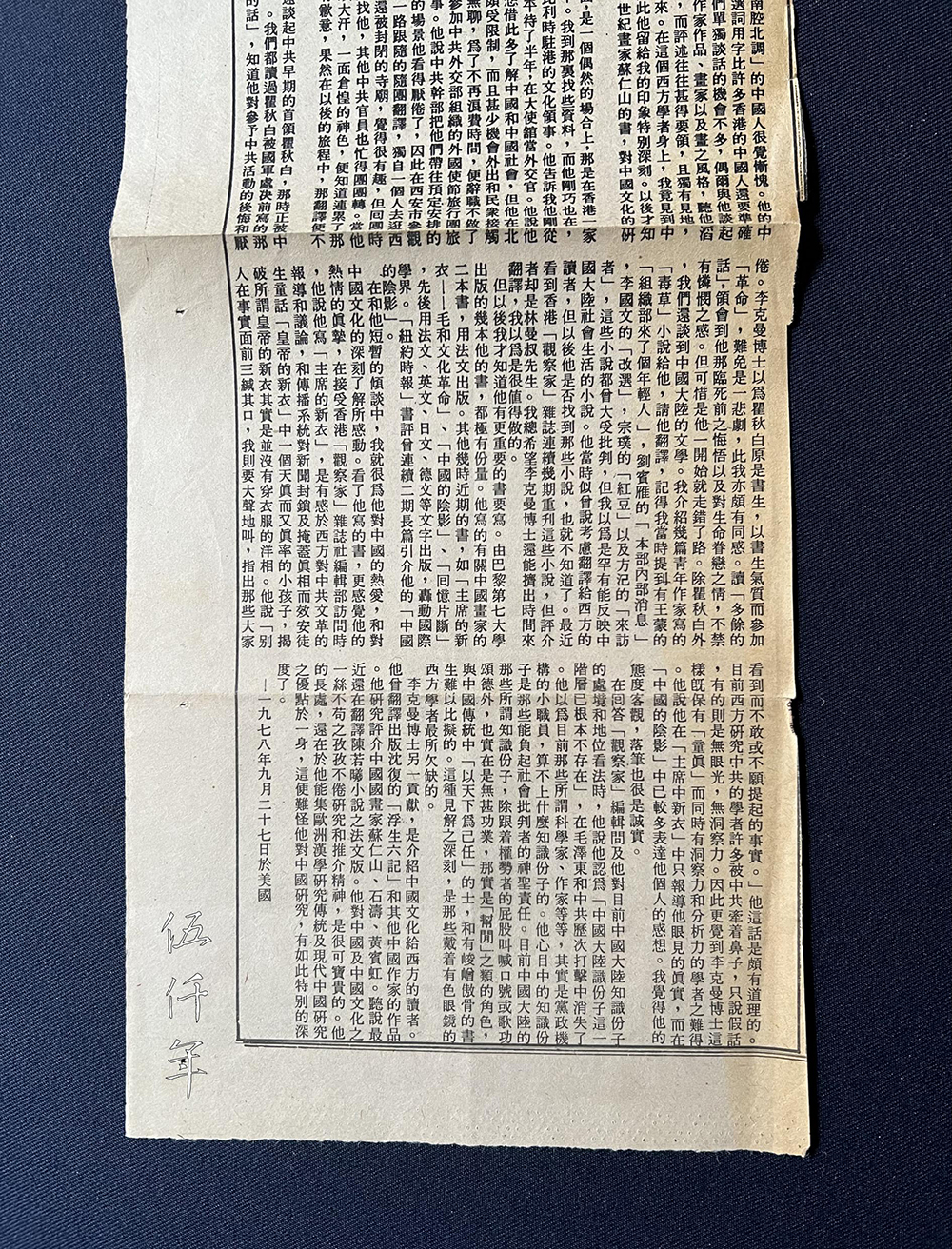
Another detail of newspaper clipping
Besides, we also talked about Ch’ü Ch’iu-pai (瞿秋白), an early leader of the Chinese communists. By this time, the Chinese communists are calling him a “traitor”. We have all read the essay Redundant Words (多餘的話) that Ch’ü wrote before he was executed by the National Army. We learnt of his regret, aversion and weariness in participating in communist activities. Dr. Ryckmans thought Ch’ü was an intellectual who somehow joined a “revolution”, it was difficult to elude tragedy with his intellectual temperament. I have a good deal of empathy with his thinking. Reading Redundant Words, one can recognize his penitence before death and his attachment to life, one cannot help but feel sorry for him. Unfortunately he took the wrong path from the very beginning. Apart from Ch’ü Ch’iu-pai, we also talked about literature in mainland China. I introduced to him a few novels written by young writers to translate, though they were regarded as “poisonous weed” by the communists. I remember I mentioned A Youngster from the Organization (組織部來了個年輕人) by Wang Meng (王蒙), News from Whithin Our Department (本部內部消息) by Liu Pin-yen (劉賓雁) , Re-election (改選) by Li Kuo-wen (李國文) , Red Bean (紅豆) by Tsung P’u (宗璞) and Visitor (來訪者) by Fang Chi (方紀). These novels have all been condemned by the communists, but I believe they are those rare novels that can reflect life in mainland China. At that time, he seemed to suggest that he would be interested to translate them for the benefit of Western readers, but whether he managed to get hold of these novels later on is unknown. Recently these novels have appeared in installments in the Observer (Kuan-ch’a-chia 觀察家), a Hong Kong magazine. However the commentator of the series is Mr. Lin Man-shu (林曼叔先生). I have long hoped that Dr. Ryckmans can allocate some time to do the translations, thinking that they are very worth undertaking.
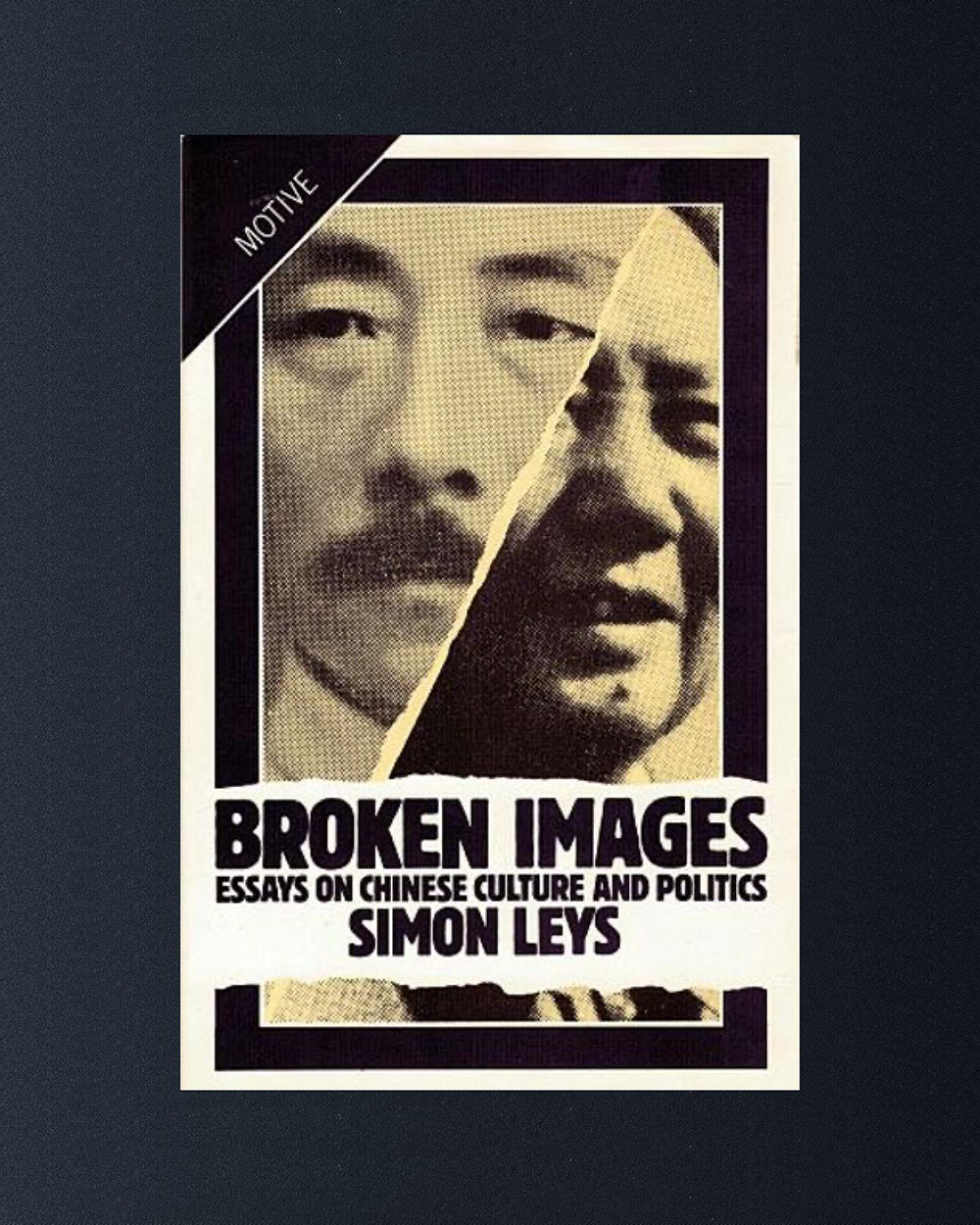
Front cover of Broken Images-Essays on Chinese Culture and Politics by Prof. Pierre Ryckmans, published in 1980
I only realized later on that he was preoccupied with writing a few books of great importance. They were published by Université Paris Diderot-Paris VII, and they are all very consequential. His two books on Chinese painters were published in French. The few recent books such as The Chairman’s New Clothes-Mao and the Cultural Revolution, Chinese Shadows, Broken Images-Essays on Chinese Culture and Politics were successively published in French, English, Japanese, German and others, making a huge impact on academic circles around the world. The New York Times published a long book review on Chinese Shadows by two installments.
In our brief conversation, I was moved by his passion for China and his deep understanding of Chinese culture. After reading his books, I am touched ever more by the sincerity of his passion. In his interview with the editorial staff of the Hong Kong magazine Observer (Kuan-ch’a-chia 觀察家), he said the reason he wrote The Chairman’s New Clothes was to respond to the erroneous news coverages and discussions in the West about the Cultural Revolution, as well as the obstruction and covering up of truth by the media establishment. Hence the book emulated the innocent and honest child in The Emperor’s New Clothes by Hans Christian Andersen, who debunked the so-called new clothes of the Emperor. In reality the Emperor was laughably naked and wearing nothing. He said :
“When others keep consistently quiet in the face of truth, I choose to shout aloud, to point out the facts that everyone see but dare not or unwilling to broach.”
His words do make sense. At the moment, many of the scholars in the West who study the Chinese Communist Party are shepherded by them, only to lie, while others have no insight nor observation ability. Therefore I believe a scholar like Dr. Ryckmans who on one hand maintains his “innocence”, on the other hand, possesses observation and analytical abilities is rare indeed. He said when he wrote The Chairman’s New Clothes, he only chronicled what he witnessed, while in Chinese Shadows, he expressed more of his views. I believe he is objective and writes truthfully.
In his reply to the magazine Observer (Kuan-ch’a-chia 觀察家) regarding his view of the predicament and status of Chinese intellectuals in mainland China, he said: “The class of Chinese intellectuals no longer exists in mainland China”. It disappeared under the many attacks launched by Mao and the Chinese communists. He believes the so-called scientists, writers, etc. are in fact some minuscule employees in the communist and government agencies, they cannot be counted in the category of intellectuals. In his mind, intellectuals are those who bear the sacred responsibility to criticize society. Today in mainland China, the so-called intellectuals, apart from shouting slogans and trodding behind the backs of the powerful, or eulogizing the achievements and goodness of the party, really have no accomplishment whatsoever. In fact, they play the roles of “jesters”, they are not to be compared with the traditional Chinese scholars who “assume the problems of the world as their own responsibilities (以天下為己任), nor those high-minded and upright intellectuals. Such profundity in his way of thinking is particularly absent from the Western scholars who see things through their prejudiced lenses.
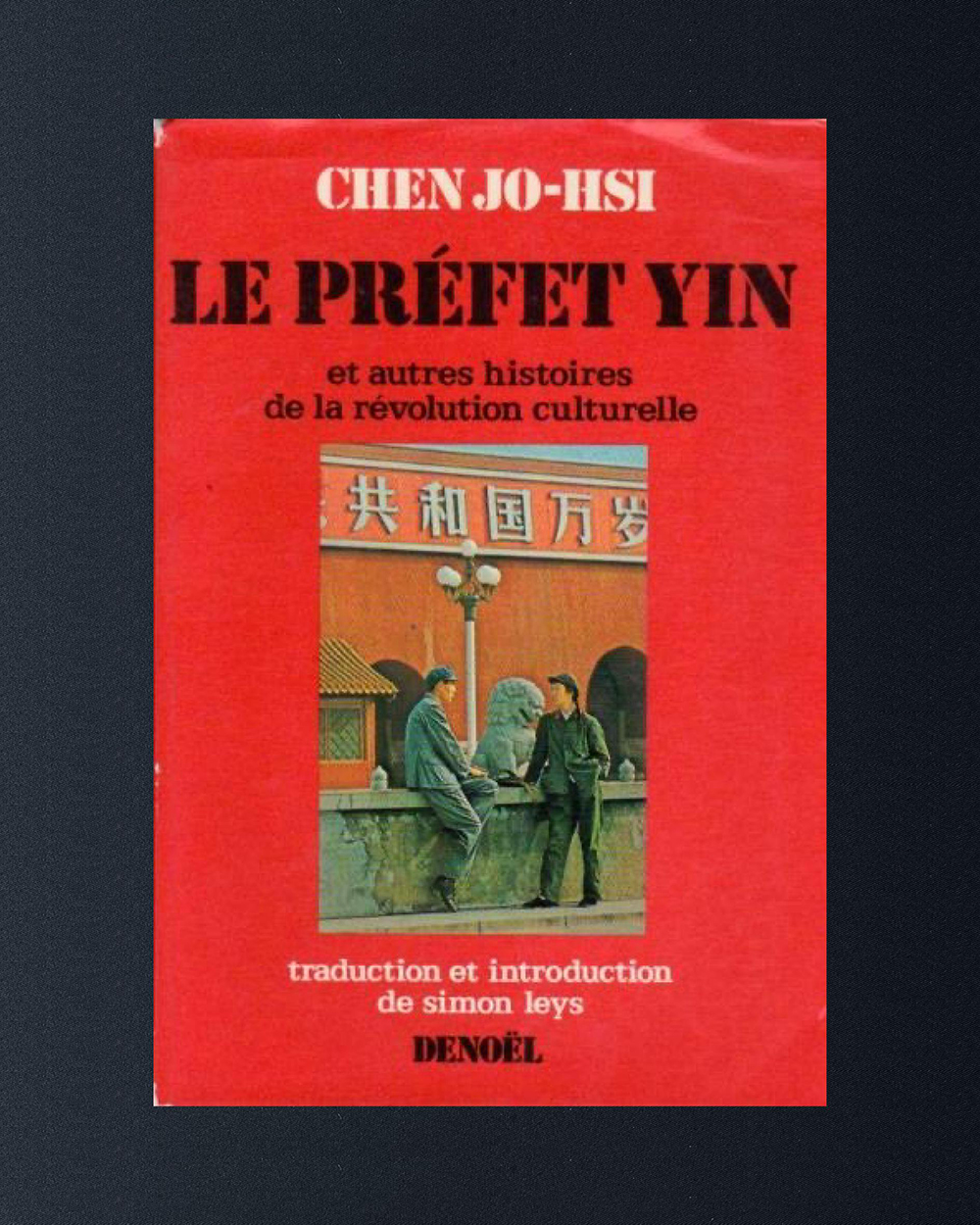
Prof. Pierre Ryckmans wrote an Introduction for The Execution of Mayor Yin by Chen Jo-hsi
Another contribution by Dr. Ryckmans is introducing Chinese culture to Western readers. He translated and published Six Chapters of a Floating Life (浮生六記) by Shen Fu (沈復), and works by other Chinese writers. He studied, commented and introduced the painters Su Jen-shan (蘇仁山), Shih T’ao (石濤) and Huang Pin-hung (黃賓虹). Recently, I heard he is translating a novel by Chen Jo-hsi (陳若曦) into French. His meticulous and resolute approach to the research and advancement of the studies of China and Chinese culture is to be highly valued. His advantage is his combination of the tradition of European Sinology and the merits of Modern Chinese studies, no wonder he achieved such depth in his studies of China.”
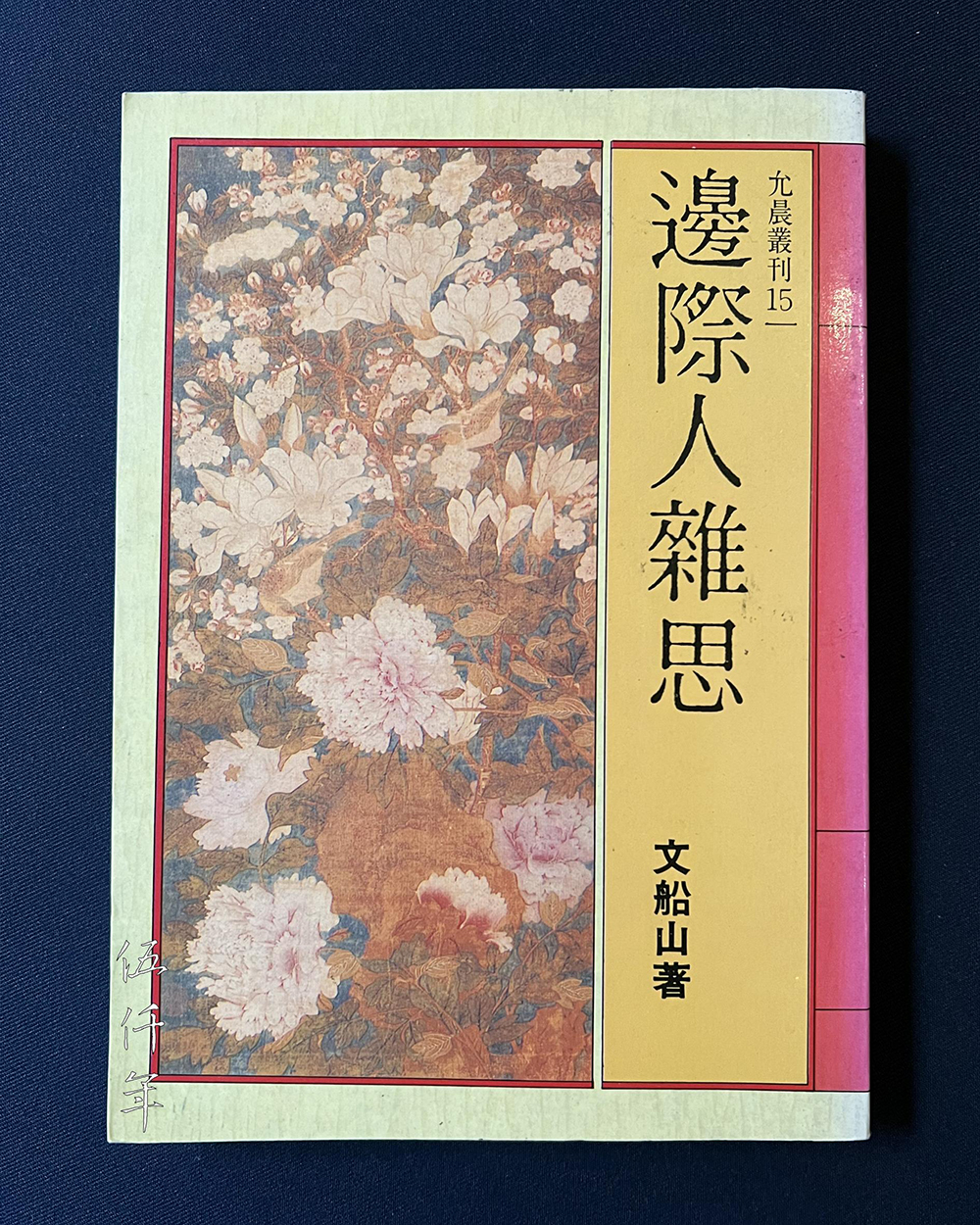
Front cover of Eclectic Thoughts of a Marginalized Person by Wen Ch’uan-shan (original name Huang Ts’ai-sheng)
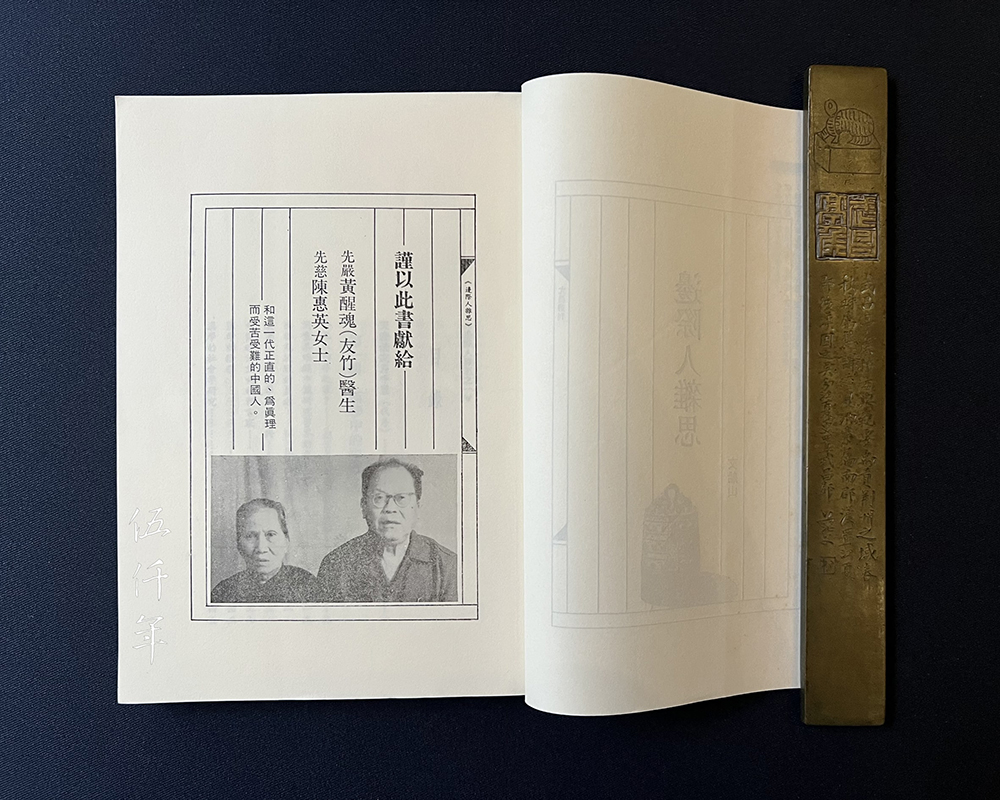
Inside page of Eclectic Thoughts of a Marginalized Person by Wen Ch’uan-shan (original name Huang Ts’ai-sheng)
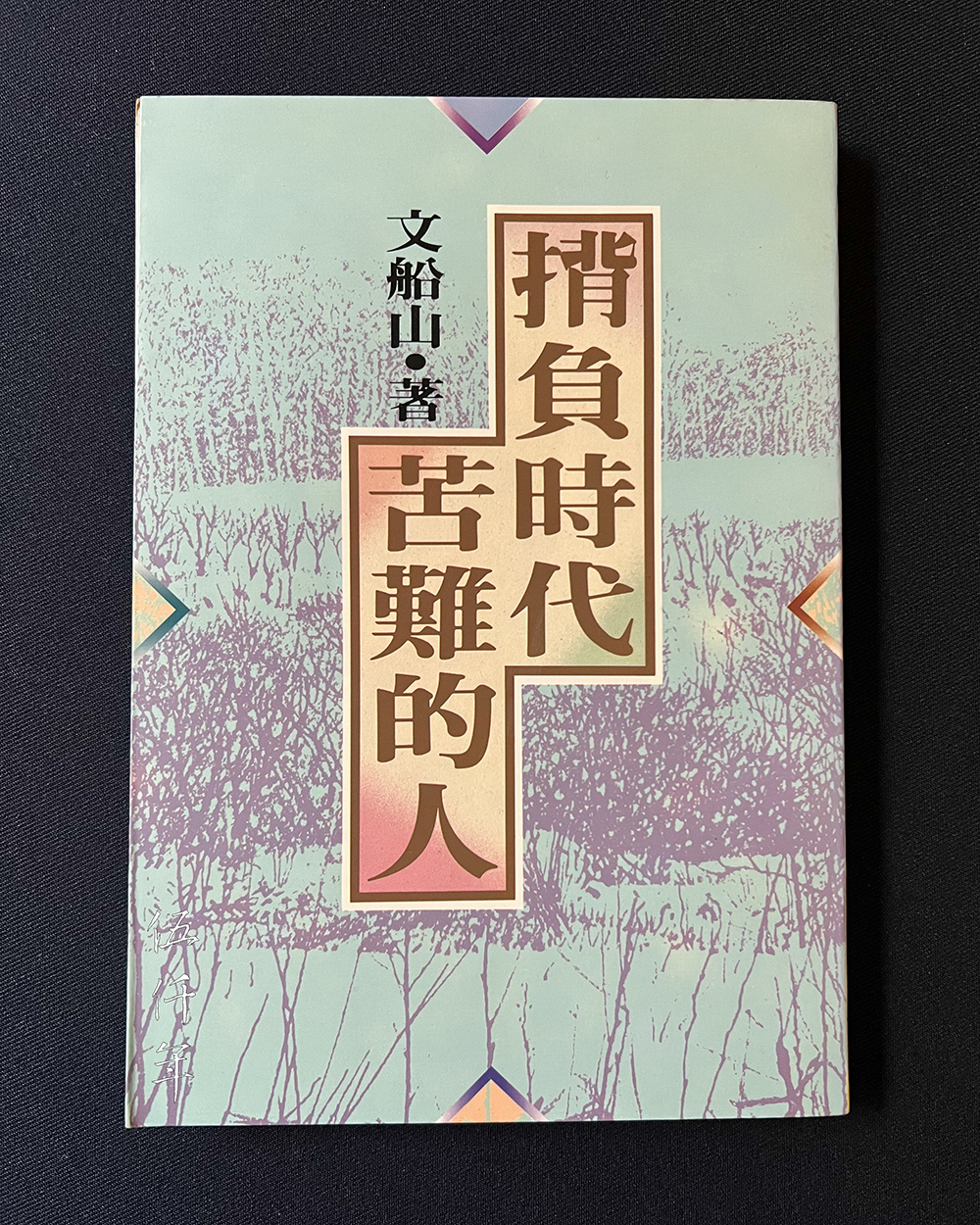
Front cover of Bearers of an Era’s Woes by Wen Ch’uan shan (original name Huang Ts’ai-sheng).
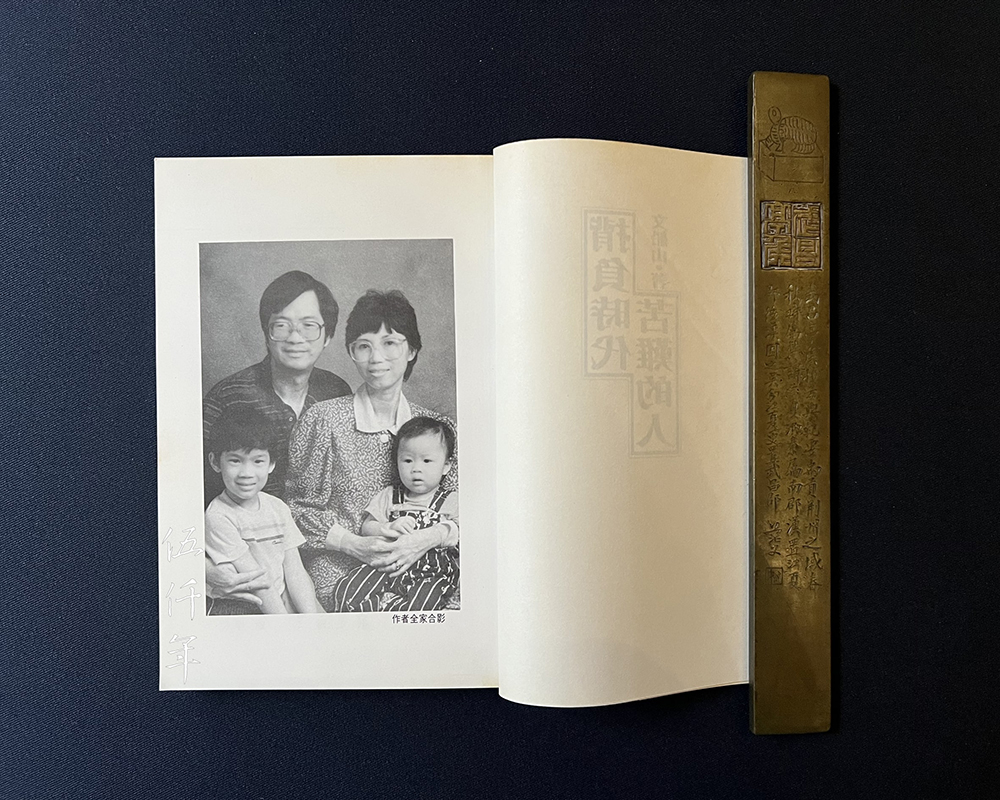
Inside page of Bearers of an Era’s Woes by Wen Ch’uan-shan. (original name Huang Ts’ai-sheng).
The above article was written by Wen Ch’uan-shan (文船山), original name Huang Tsai-sheng (黃載生). He was born in 1945 and passed away in 1991. His other nom de plumes were Hai-feng (海楓), Wang Han-ts’ao (王寒操), Huang Chih-fan (黃至範), Huang Sun (黃隼). He was a native of Hai-feng (海豐), Kwangtung Province. In 1966, he graduated from a university in Kwangtung, and in the same year, the Chinese communists launched the Cultural Revolution. He fled to the countryside, and in 1968 opportunity arose for him to flee to Hong Kong. He worked as a researcher at the Union Research Institute (友聯研究所) in Hong Kong. In 1975, he left Hong Kong to study in the United States, joining the University of Missouri where he attained his doctorate degree. Later he was a researcher at Miami University in Ohio and a visiting scholar at the University of Michigan. He was a poet, essayist, novelist, sociologist, historian of modern Chinese literature, and an expert on the Chinese Communist Party. His works include An Outline of the Cultural Revolution in Hai-Feng (海豐文化革命概述), An Outline of the Course of the Cultural Revolution in Canton District (廣州地區文革歷程述略), Eclectic Thoughts of a Marginalized Person (邊際人雜思), That Half of the Chinese Literary World (那半壁中國文壇), Squid Consuming Sociology (吃魷魚的社會學), Bearers of An Era’s Woes (揹負時代苦難的人) and American Life-Chinese Sentiments (美國生活-中國情節). Another article he wrote about Prof. Ryckmans was Awakening the Academic World of Chinese Studies with Ryckman’s Innocence (用童真喚醒中國研究學界的李克曼), published on 13 March 1983 in China Times Newspaper.
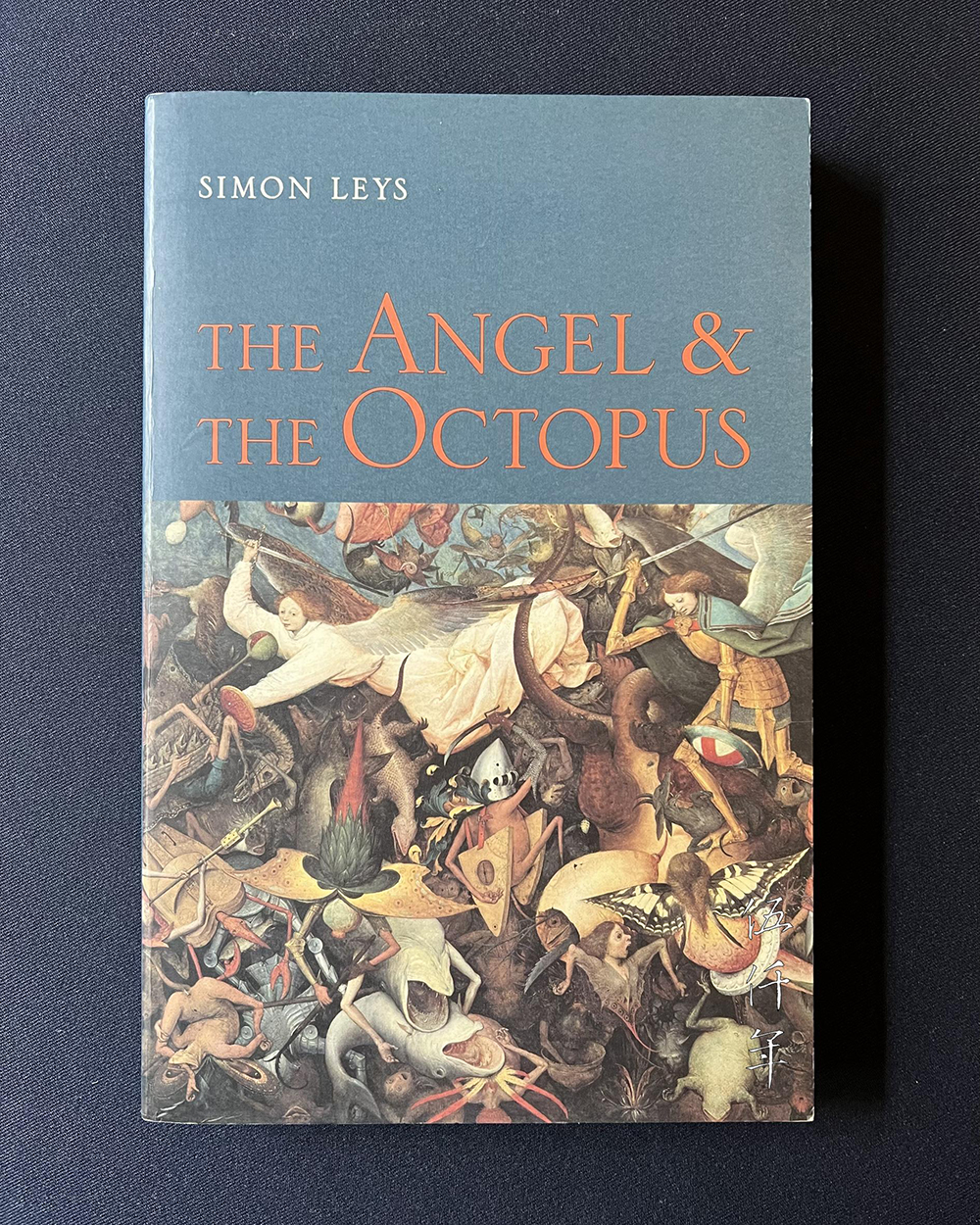
Front cover of The Angel and the Octopus by Prof. Pierre Ryckmans
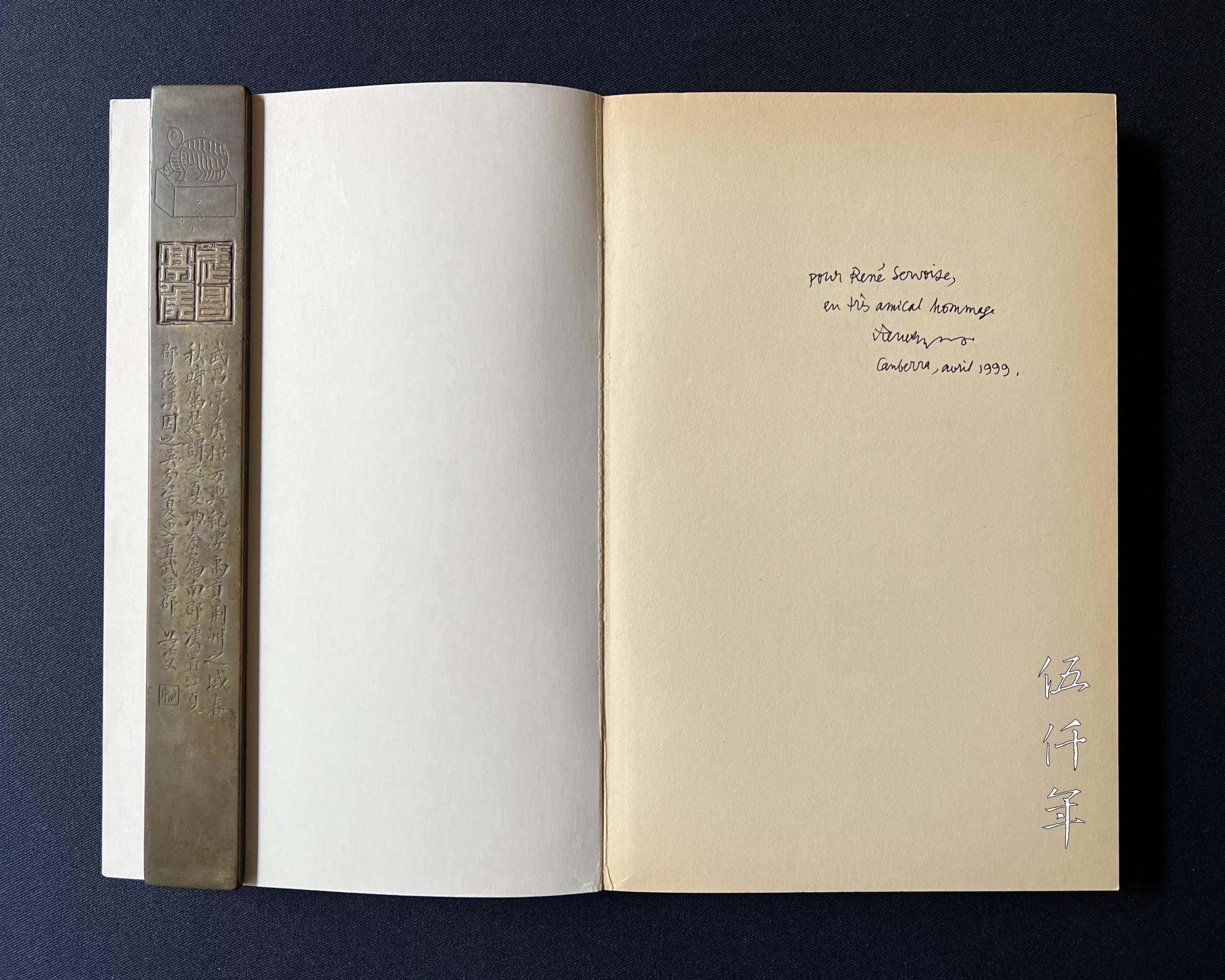
Inside page of The Angel and the Octopus with inscription by Prof. Pierre Ryckmans
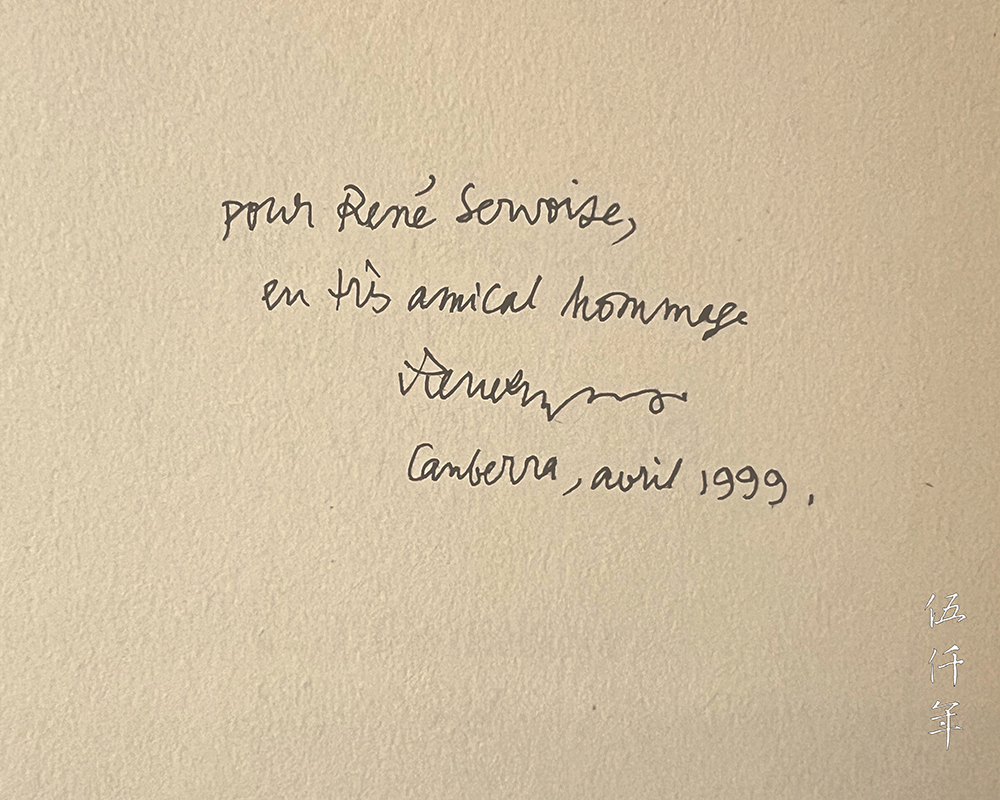
Detail of inscription by Prof. Pierre Ryckmans
Prof. Pierre Ryckmans lived in Belgium and Australia for many years, the laws of both countries clearly enshrined freedom of speech and publication. Hence he was granted the right to “assume the problems of the world as their own responsibilities”, and managed to implement his life mission as an intellectual. If he had stayed in mainland China, how could he implement any of his lofty principles? Ambassador Hu Shih (胡適 1891-1962) at one time said that overseas Chinese should embrace those Chinese trapped in the Iron Curtain with compassion and empathy, they should not be harsh on their speech and action. This is indeed an advice full of wisdom. As for those in Europe, America, and elsewhere living outside mainland China, although they are comfortably endowed with freedom of speech and publication, yet many of them are willing to flatter and support tyranny, indifferent to the suffering of the people. Pierre Ryckmans witnessed this, and wielded his conscientious pen to become the voice of the people. We can perceive his unquenchable indignation. Reading this article by Wen Ch’uan-shan forty six years later, one is still affected by an avalanche of thoughts and emotions.
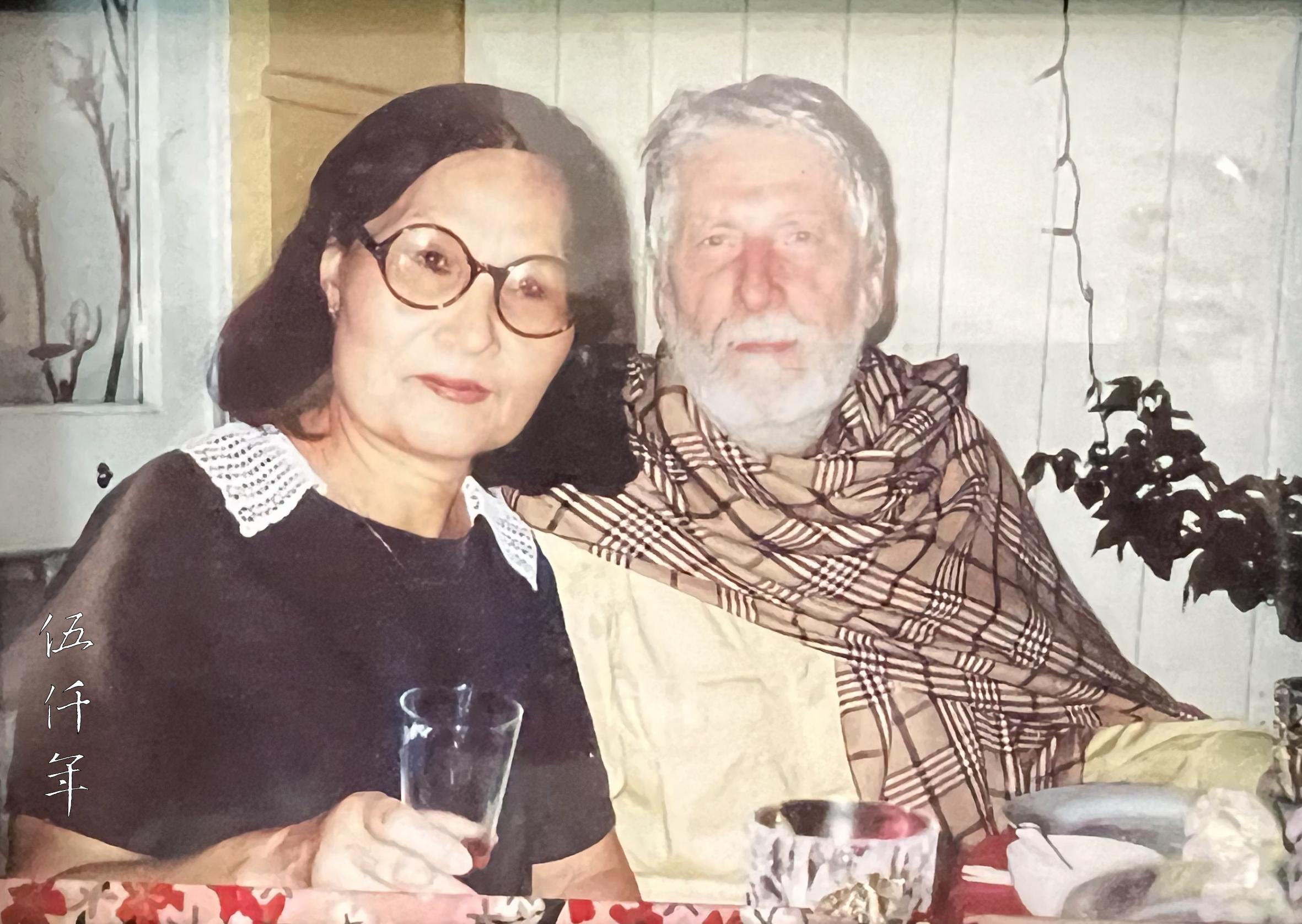
Photograph of Prof. Pierre Ryckmans and Mrs. Han-fang Ryckmans. Photograph courtesy Mrs. Han-fang Ryckmans
Related Contents:
Two Essays by Pierre Ryckmans, Translated from the Chinese by Annie Luman Ren
